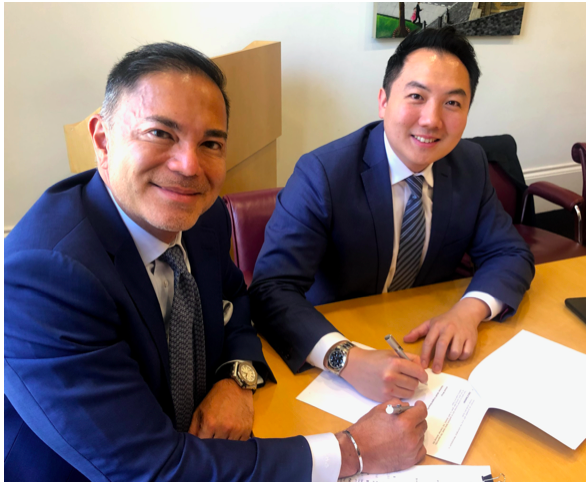Understanding The Process
When it comes to finding a place to live, to buying a home, or to renting a property, there are often just a few ways to do it. One would be to save up enough money for a deposit and then acquire a mortgage from a bank or lending institution. Another way would be to search far and wide for the perfect apartment, sign a lease agreement, and then live out your term before either renewing your lease, or packing up, moving on, and signing a new lease agreement somewhere else.
However, if you’re Vincent Wong, he’d suggest your best option might revolve around a novel concept that he helped to pioneer – a lease option.
What Is A Lease Option?
Not to be confused with a lease purchase, a lease option is a unique scenario in which a property investor will take over the mortgage payments of an existing property owner. From there, they will then have the option to lease out that property to renters. Renters will sign a lease agreement for that property with terms agreed upon by investors, and will then have the opportunity to purchase the property at the end of those terms.
With a lease purchase, signees are typically required to purchase the property at the end of their lease terms. In other words, they don’t have an option to buy, they are simply required to buy.
“There’s a reason for why I believe the lease option is such a powerful tool, and it’s because it gives people who are really interested in home ownership the chance to work toward something, without being tied down into a legal obligation like a lease purchase agreement. Instead of worrying about down payments and mortgages, they can simply pay a higher monthly rate and contribute toward the agreed upon purchase price for the home, should they decide to purchase it at the end of their defined terms. It’s a great opportunity, and certainly a wild ride,” says Wong.
How To Structure A Lease Option
“One of the most important things to consider if you’re looking to apply for a lease option as a buyer (leaser), is to make sure that you’re not agreeing to unfavorable terms. However, these deals are structured in such a way that they really do offer mutual benefits for all parties involved, and that’s something that has contributed to their popularity in recent years,” says Wong.
You’ll want to look at the home purchase price at the end of the terms, the rental and option fee payments that come in your monthly rent invoice, the terms in length of your agreement, and any related contingencies for appraisals, inspections, and maintenance. All of these factors will play a role in determining whether or not you’ll want to purchase the property at the end of your lease option.
To learn more about this unique concept, and to hear how Vincent Wong helped to pioneer it throughout the property industry, visit Wealth Dragons today.
